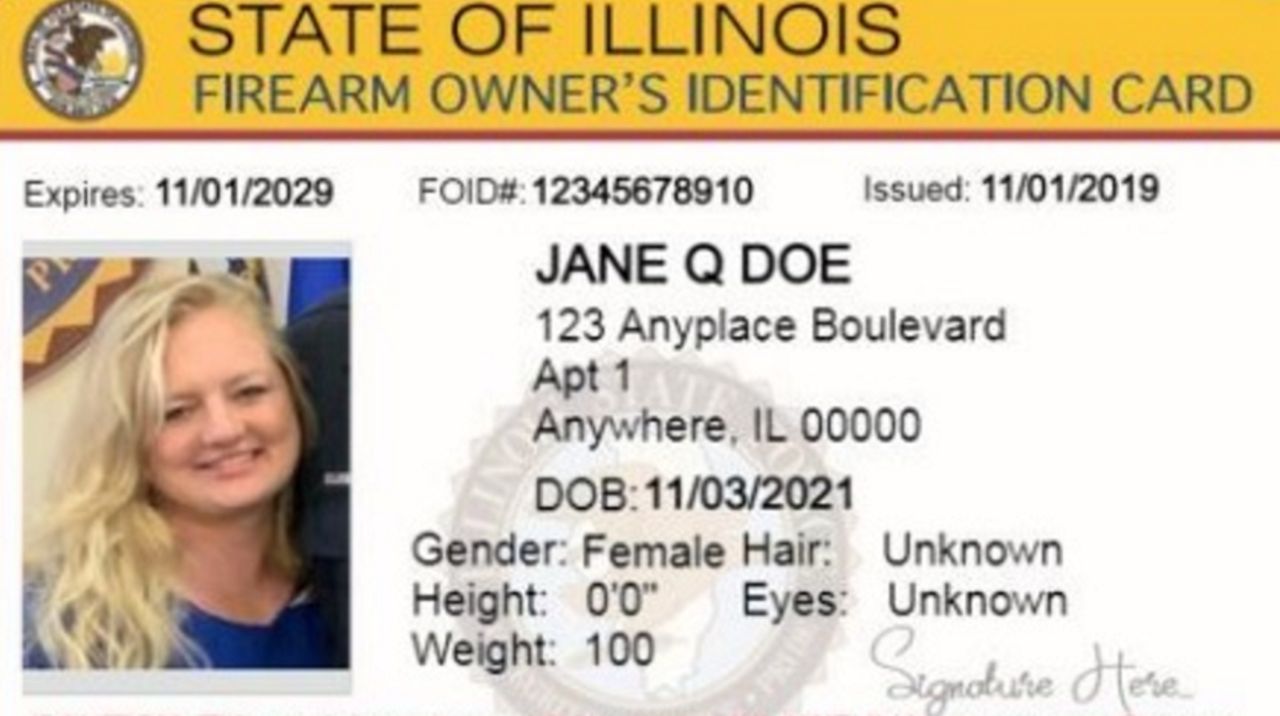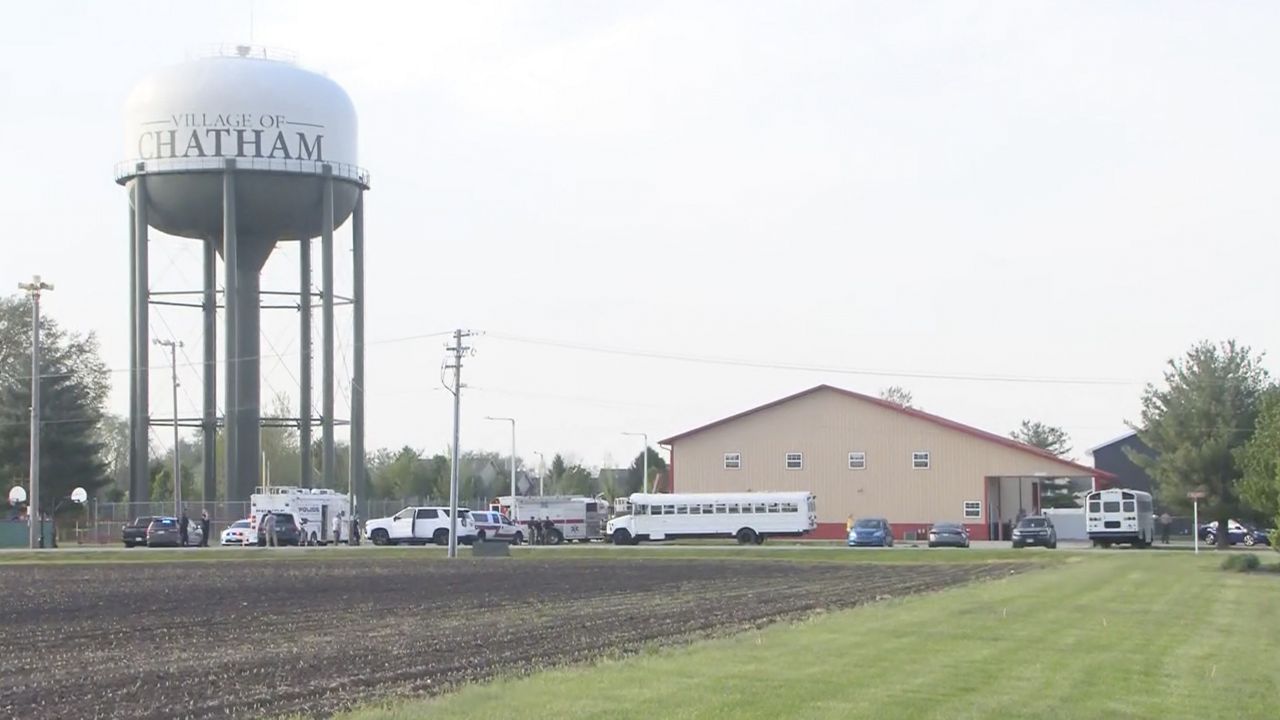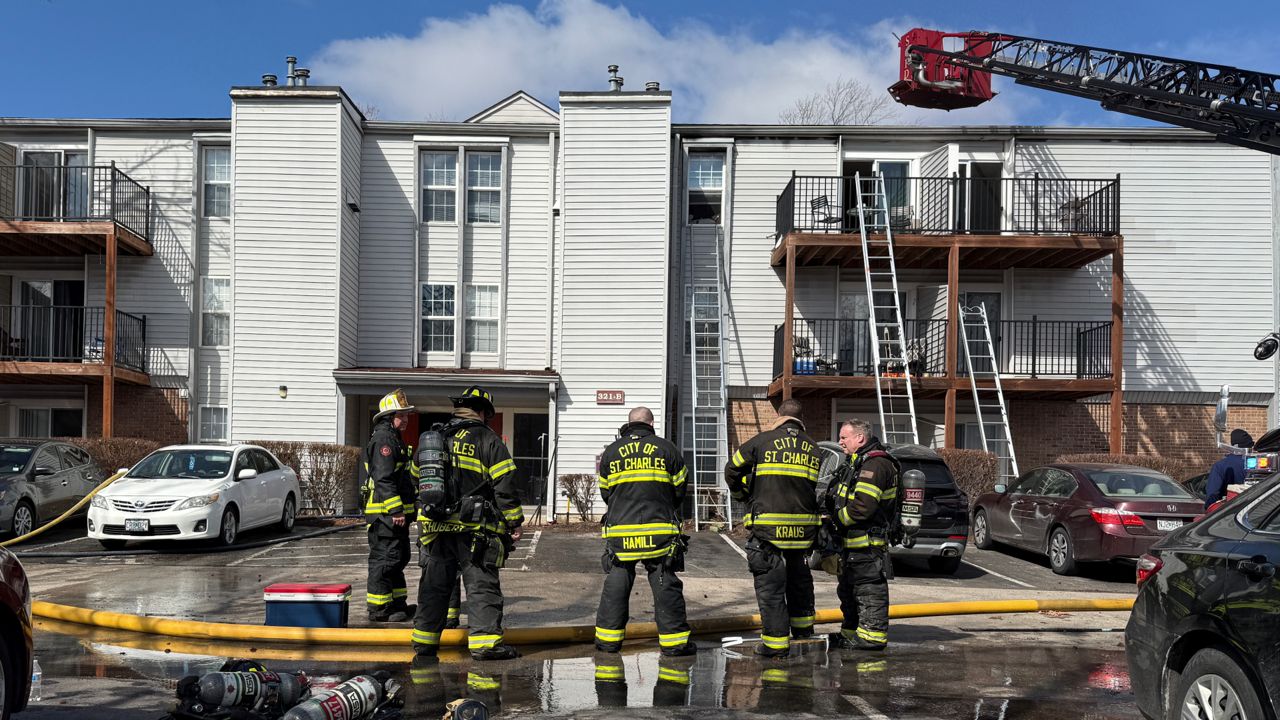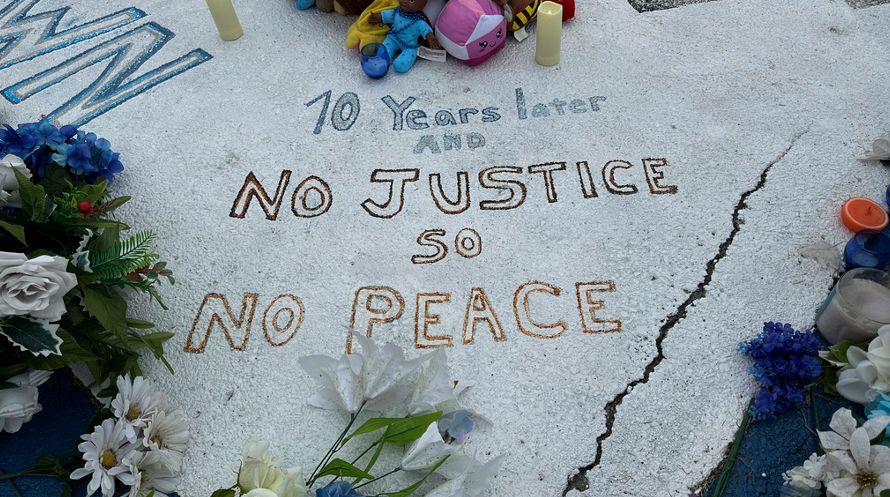SPRINGFIELD, Ill. – The Illinois State Police (ISP) has submitted an emergency rule to allow authorities broader discretion in issuing Firearm Owner’s Identification cards. The move comes two weeks after Robert E. Crimo III was charged with killing seven people at a Fourth of July parade in Highland Park, Illinois.
It's a change that Gov. JB Pritzker says will allow ISP to see “a fuller picture” of a gun applicant's history.
It allows police to consider historical instances when determining whether Firearm Owners Identification (FOID) card applicants present a “clear and present danger” to themselves or others.
“For the sake of public safety, any FOID applicant with prior clear and present danger information needs to have that considered when having their application processed,” said Gov. JB Pritzker.
The rule change will allow state police to use the “clear and present danger” standard spelled out in state law, which defines it as physical or verbal behavior including “violent, suicidal or assaultive threats” or actions.
Crimo was able to buy the weapons he is accused of using in the attack despite police being called to his house twice in 2019 – once after he tried to commit suicide and again when he allegedly threatened to “kill everyone” in his family. On either occasion, police could have immediately exercised part of the law that allowed them to seek a restraining order to prevent Crimo from buying guns for anywhere from 14 days to six months.
Obtaining such a delay could have bought critical time for police to seek more information to ask a judge for a longer order preventing a gun purchase.
But Highland Park police did not seek such an order, and they were not required to do so. And just four months after the reported threat that prompted officers to seize 16 knives, a sword and a dagger from Crimo's home, Illinois State Police approved him for a firearms permit. The agency explained the decision in part by saying that it didn’t consider him a “clear and present danger” because he didn’t consider himself such a danger.
“These modifications to administrative law will immediately give the ISP the legal authority to consider more evidence when determining whether to issue or revoke a FOID card and will strengthen the ISP’s ability to keep firearms out of the hands of dangerous individuals,” said Illinois State Police Director Brendan Kelly.
The rule change would allow for the use and maintenance of historic clear and present danger information even if the subject was not actively seeking or holding a FOID card at the time a Clear and Present Danger report was made.
Clear and present danger reports are made by physicians, clinical psychologists, qualified examiners, school administrators, and law enforcement. This law is different from the Firearms Restraining Order, also referred to as the “red flag law”. The Firearms Restraining Order is a court ordered restriction on firearms possession.
Emergency rules go into effect within ten days of filing but remain in effect for no more than 150 days. ISP intends on making these amendments permanent.







